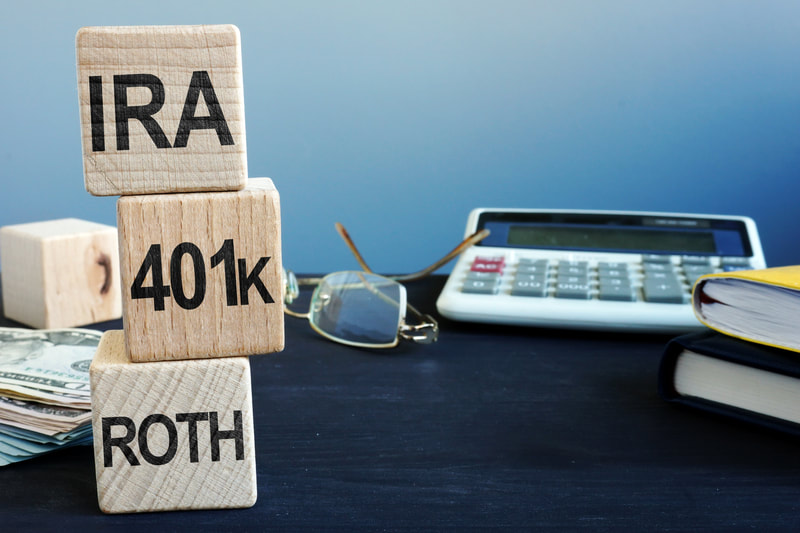Retirement planning is a critical endeavor that requires careful consideration and preparation. It's important to acknowledge and address these potential disruptions to ensure a smoother transition into retirement.
Financial Issues
One of the primary factors that can disrupt retirement goals is financial instability. Economic fluctuations, unexpected expenses, and inadequate savings can all jeopardize the retirement lifestyle you have envisioned. To mitigate this risk, it's essential to establish a solid financial plan early on. Budgeting, saving diligently, and investing wisely are crucial steps to building a financial cushion that can sustain you through retirement. It's also important to identify and anticipate potential future expenses, such as healthcare costs that may arise. Consider creating an emergency fund for unexpected medical treatments or other essential needs, as well as insurance policies that could protect you in the event of a disability or death. Carefully monitoring your financial situation and taking proactive steps to secure your future can significantly reduce the likelihood of being blindsided by an unexpected financial burden. It's also important to be mindful of spending habits. It's essential to maintain a level head and avoid impulsive purchases that could derail your retirement savings.
Health Issues
Health is another significant consideration when planning for retirement. Health-related expenses, medical emergencies, and the need for long-term care can unexpectedly strain your finances. Declining health can impact your quality of life and limit your ability to enjoy retirement to the fullest. Investing in comprehensive health insurance and considering long-term care insurance can provide financial protection against potential healthcare costs. Focusing on maintaining a healthy lifestyle through regular exercise, proper nutrition, and preventive healthcare can contribute to a smoother retirement transition. Getting hospice care treatment at home can reduce your stress and improve outcomes. Retirees should also make sure to stay informed of any changes to their Medicare and Social Security benefits. The laws surrounding what is covered and how much it will cost can change over time, so having a good understanding of the rules can help retirees make better decisions about their care and budget.
Family Issues
Family dynamics and responsibilities can also disrupt retirement plans. Caring for aging parents or supporting adult children and grandchildren financially can impact your retirement savings and goals. Balancing family obligations with your own financial well-being requires careful planning and open communication with loved ones. Setting realistic boundaries and expectations can help maintain a harmonious balance between family support and your retirement aspirations. Having a conversation about retirement early on is key to ensuring your family understands the importance of saving and planning for the future. You can also create a plan that will make budgeting easier for everyone involved. Utilizing resources such as advisors, estate planners, or other professionals can help you gain clarity and predictability when it comes to caring for loved ones while also achieving your own financial goals.
By taking a comprehensive approach and staying adaptable, you can navigate these potential disruptions and work toward a retirement that aligns with your aspirations and provides a fulfilling and secure future.
Did You Enjoy Reading This Article? Here’s More to Read: How You Can Prevent Serious Depression in Retirement









 RSS Feed
RSS Feed
